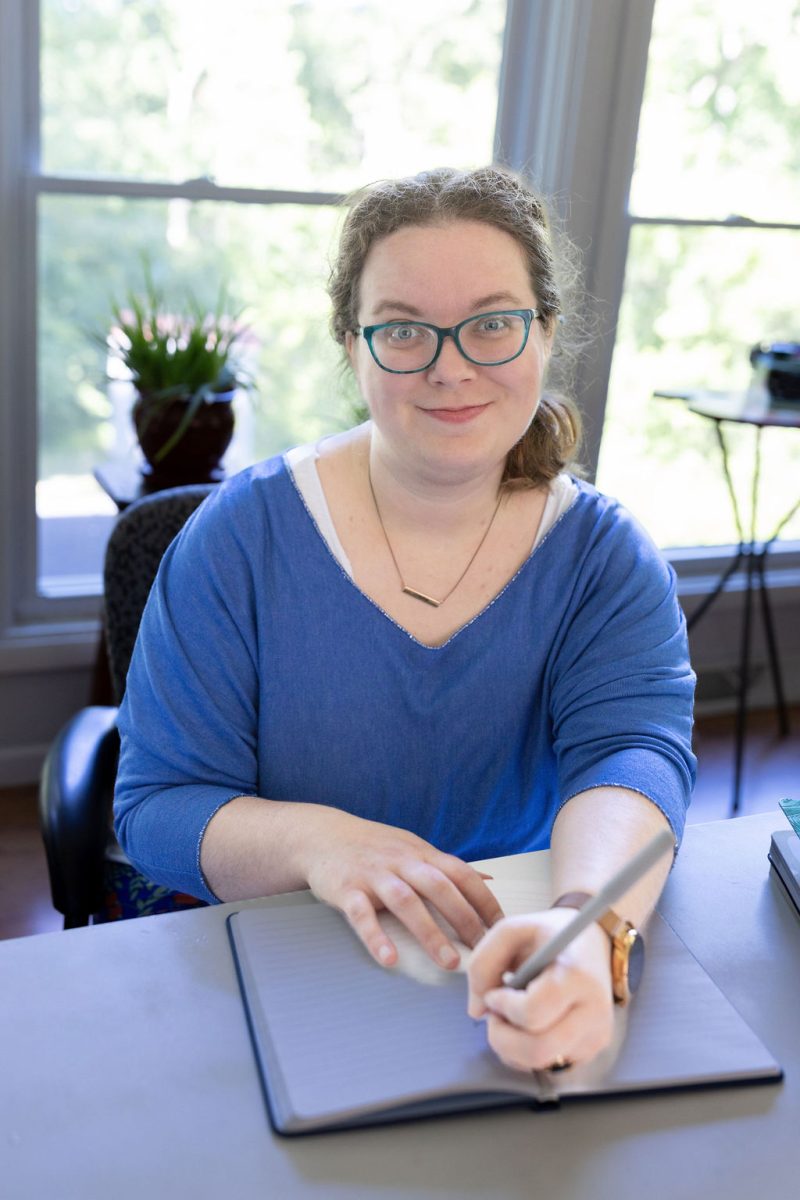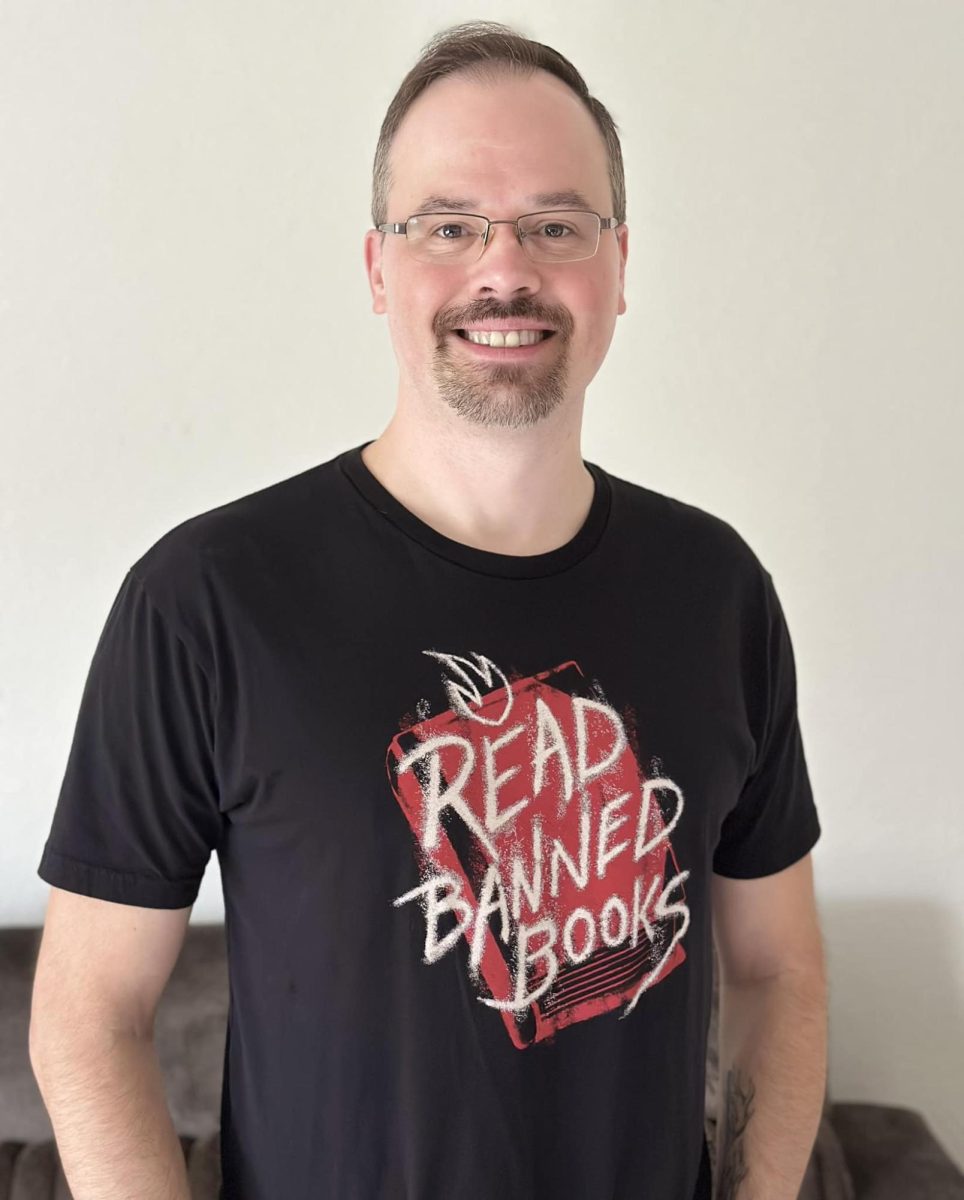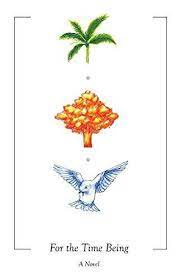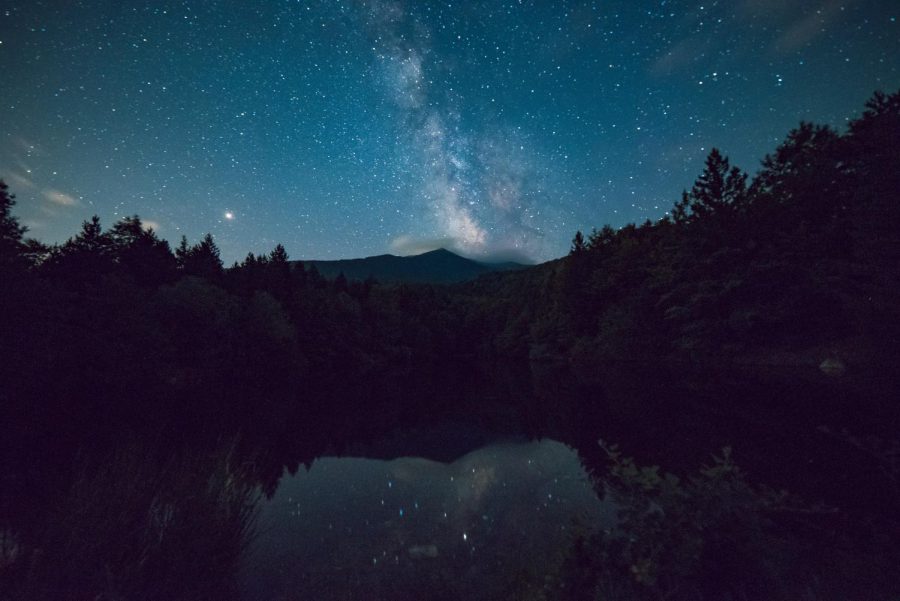Earlier this week, I had the pleasure of interviewing former ELM intern Brain Davis. Having graduated Eureka College in May 2014, he has since moved onto creative writing in both song and fiction. He currently has two published albums in which you can view by clicking the following: The One That Isn’t Burned; and his most recent album These Hills Are Gonna Rise.
Additionally notable, Brian also has recently published a literary fiction novel, The Grand Revolution of Lakeside.
The following is a compilation of questions and Brian’s answers to them. Inspired by Catch 22, characters in this story drive the set in a sandbox type of way. With 8-10 characters at the center of this story who are driving it, it takes place in the town of Lakeside.
What inspires you to create music?
“The biggest inspiration for me would be my older brother. He has been writing music his entire life, making his own music and even performing it. Personally, I didn’t start doing it till I was 18, but music was always something that was going on inside of the house. As I moved into listening to artists such as Bob Dylan, Nick Cade, and even the Decemberists, listening to their music made me realize that this is something that I wanted to do. Music was always something I knew was attainable and within my reach, so that is where I started.”
When creating lyrics, what would you claim to be your ‘artistic approach’?
“It typically changes from song to song. Sometimes, it starts with more of a melodic hook than I like, and sometimes it’s just lyrical lines that I first come up with. What usually ends up happening there is a line or two that I end up liking and then I try to put together a melody from it. Out of all the songs I have written, not a huge percentage of them have had a direction where I’ve wanted them to go. Mostly, I just try to go with the spirit of ideas.”
How similar did you find your newest album to the previous ones? Were they different?
“The new one, I think, is noticeably different with the presence of Sarah Riskind. Her skill set and expertise is immediately noticeable. The new album is also the most sonically challenging thing on the recording sign. Sound engineering is a learning process that I do not have a degree in. So, it forced me to work on new sound sets, and it was definitely a learning process. I even used new instruments in this, so that was additionally challenging. The songs that do include Sarah’s presence and a sonic picture, it is all much larger than any album I have ever done… aside from when I was making music in a studio. Overall, this new album sounds much larger and much better from the previous ones that I have done.”
When it comes to writing fiction, how does it differ from writing music?
“I think for this one I should start with some similarities. Often, in both, you are starting from noting. With non-fiction especially, you are starting from nothing. Then with fiction and music, you are completely starting from scratch. As for how it differs, I am honestly having a hard time thinking about differences between the nuts and bolts, and not just sitting down at a computer and writing everything out. Sometimes, however, it’s hard to know how everything you are writing works together. Songs are more self-contained, and you can go in a completely different direction than what you had started out with. With writing fiction, especially longer fiction, there is a lot of reviewing material and going back through everything to make sure that things are making sense. One small change in fiction can affect the rest of the story, so you have to make sure you stick up to date with your plans. So to contextualize everything the size of things is mainly what is so different.”
Overall, what does your drafting to publishing process look like?
“On my end, everything is more self-contained. Once upon a time, I was going to studios to record music. I now instead record at home and do everything myself aside from bringing in outside musicians. Usually, I will wait until I have a group of songs that I can go and record all at once. Sometimes, if I don’t have a precessing need to get songs out, there will be a window of time from when I initially write a song and record it. However, I try to record everything close together so that I am in the same headspace and that the songs are recorded closely together.”
How did working with the ELM help prepare you for your future?
“I think that when I was working with Dr. Jarvis, circa 2011-2014ish, were were working more with fiction and writing. He was honestly the processor I worked the most with out of all of my other professors. It was also here that I wrote my first album. Dr. Jarvis and I talked a lot about decision making and how it alters perspectives. The best piece of advise I was given was this: “You can do anything you want, but you have to have a reason to do what you’re doing.” I have held onto this advice for years as I come up with motivation to do things.
As a musician, I have been able to use that piece of advice and bring it into songs to see why they have to be successful. This has created a lot of opportunity for me to enjoy writing the small study. The asinine topics and the scenes you build end up being the most successful. Additionally with my writing, Dr. Jarvis was very hopeful in the success of my writing, very encouraging even. I kept his advice with my fiction, prose, plus my music, and I often find myself looking for common themes in all of that. I want it from a concrete point or a plot/point specific. Being more freer has helped me a lot with my creative output.”




